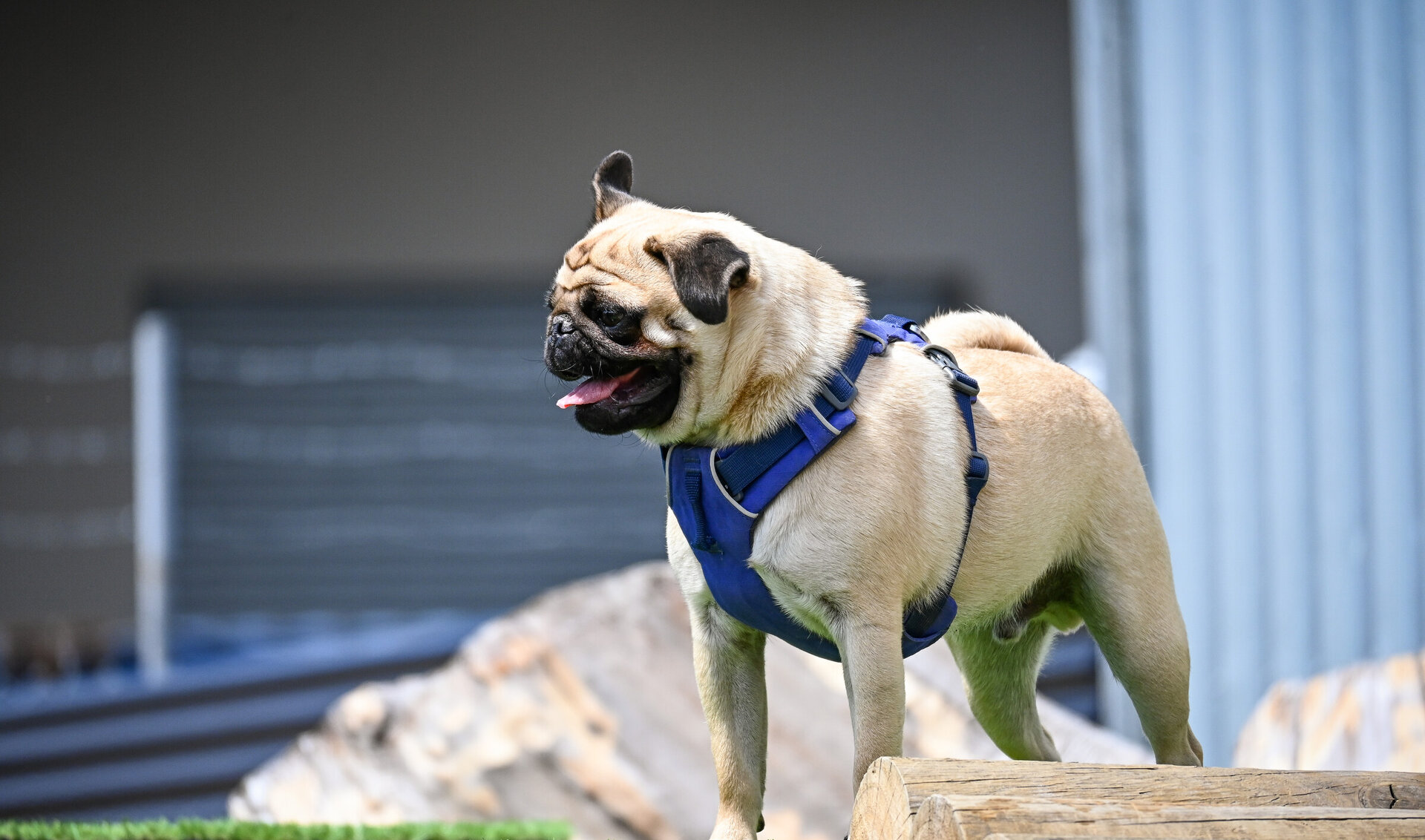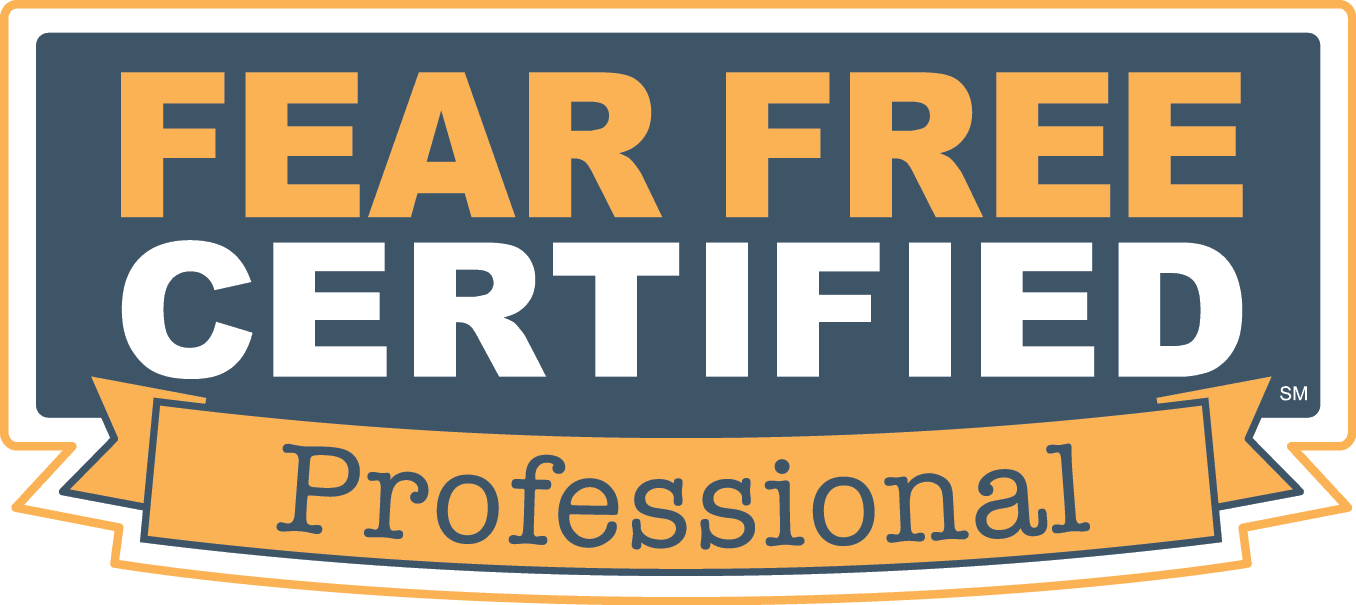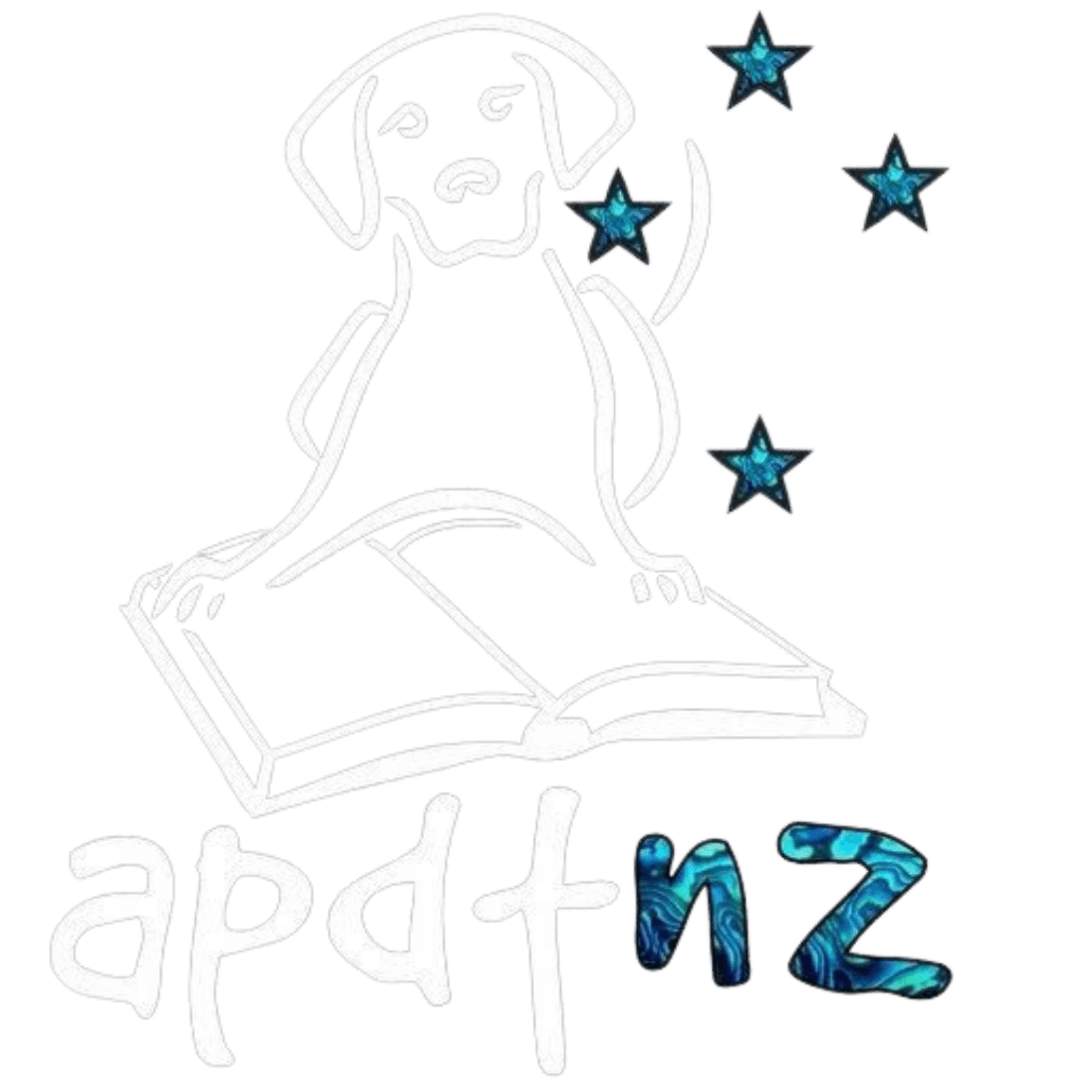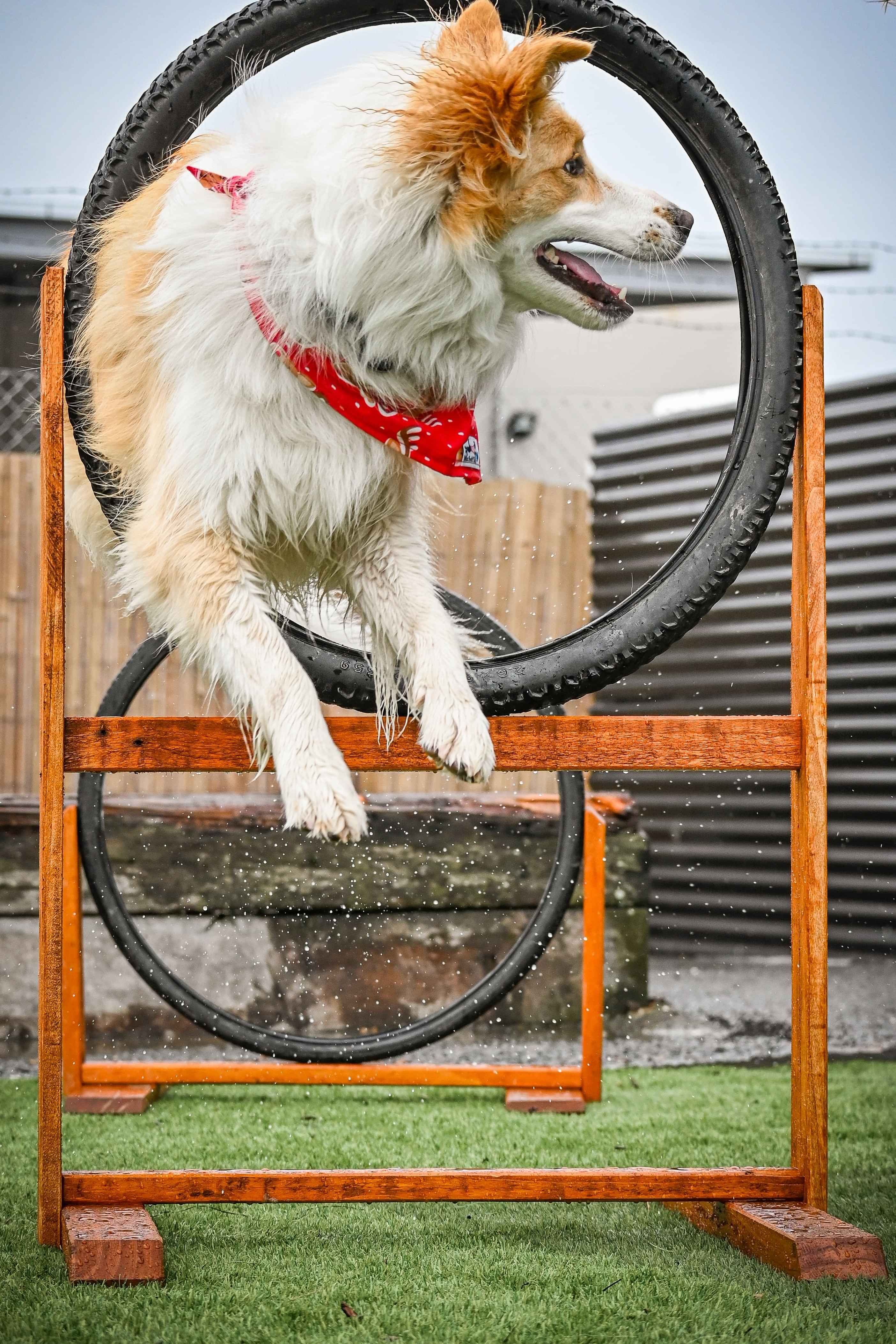
Looking to sign your dog up to Doggy Daycare?
Here at ECC, we assess all dogs suitability for daycare, prior to enrolment. As we are a social daycare, the dogs we enrol need to be happy and comfortable in a group setting, with dogs of different personalities and ages. Learn about our Doggy Daycare Enrolment Process
Doggy Daycare Enrolment Process:
Create an account on our online portal
We require all pawrents to create an account on our booking portal, please feel free to contact us if you need help.
Once you create your account, it will prompt you to fill in some some info about you (your details, emergency contacts etc). From there, you can add your pets to your account, you will be required to fill the questionnaire in for each dog in full. The questionnaire includes permissions; are they allowed sticks, sandpit, or diving pool time (note for enrolled dogs; dogs without certain permissions will wear a colour coded tag in daycare), questions regarding their history, age, desexing plans, previous behaviours etc. It is very important to answer these questions honestly; giving as much detail as possible.
Book in for an assessment
Assessment bookings can be done straight in the portal, or feel free to contact us to book. Assessment time slots are allocated 60 minutes, however, assessments can be anywhere from 30-60 minutes. We have allocated additional time incase a dog needs more time to settle in to the environment.
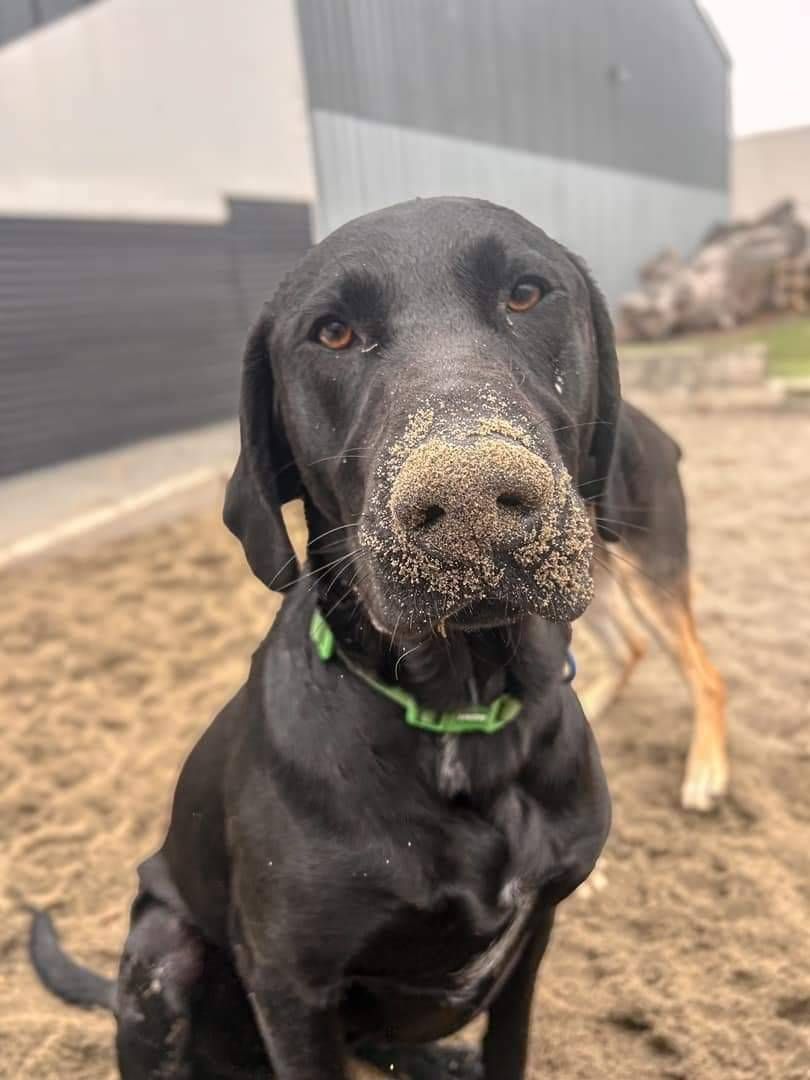
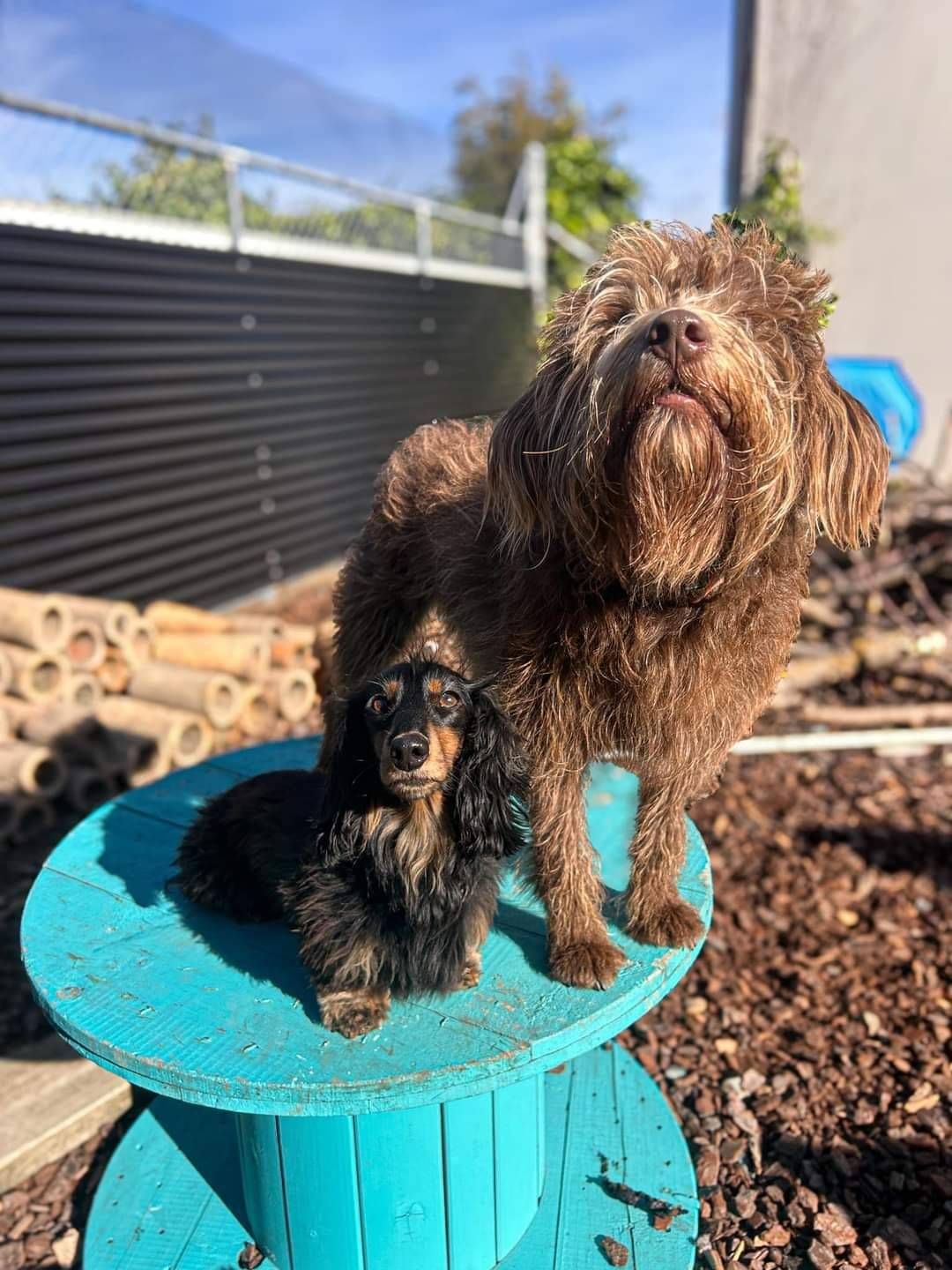
The assessment:
The next part in the daycare enrolment process is the assessment, or meet and greet.
If you havent already loaded the vaccination details in the portal, bring their book along and we can load them for you. We require all dogs to have yearly bordatella vaccinations, and their core parvo vaccinations (2 or 3x as puppies, depending on your vet). Note, if vaccinations are not loaded in the portal, or are expired, the system will not allow you to put a daycare booking through.
We chat!
You and your dog will be invited into our assessment room to have a chat and get to know your dog. There is complimentary tea and coffee available, help yourself!
One of our Senior Handlers will spend around 10 minutes talking with you about your dog, their history, personality, and give your dog time to interact and build trust with our staff. At this point we may ask about some of your answers you put in the portal, if we need clarification or more details.
Our staff will explain the routines of our daycare, how the assessment is conducted, and answer any questions you may have.
We bring your dog into Daycare
Now don't be alarmed! We won't throw them straight in a group!
During this part of the assessment, we will bring them through without you. This will give us a good gauge for things like exit seeking, separation anxiety, and being away from their humans, like they will be when in daycare.
At your dogs pace, we bring them through into one of the daycare areas. They will have the area to themselves to start, they will have a chance to go around and sniff, toilet, have a drink, listen to the sounds, and interact with our staff.
Once they are settled in and ready to interact, we will bring in a nice, calm, similar sized dog for them to meet. We do some focus work with them in order to give your dog some time to have a sniff and get to know their new friend. We give the two of them some time to interact and our staff monitor their body language, play, stimulation, (full list below).
Once settled again, we will introduce a second dog, follow the same protocols, and again with a 3rd dog.
We only get assessment dogs to meet up to 3 dogs, the process will depend on the dog and their level of comfort, some dogs may not make it into daycare, some may come through but meet no dogs, some may only meet 1 dog. We will only go as far as their comfort allows, and build on confidence in further sessions if able.
Debrief & plan making
Lastly, we come back to you and discuss how your dog went, who they met, if there were any concerns, and any other details you will need to know. We are strong believers in being open and honest with owners, we will tell you all the details!
From here we will make a plan moving forward; whether it is 1-1 pre-enrollment training sessions, a second assessment, or a first day of daycare. Some dogs may need short sessions to ease in to the environment, this way we can ensure their experience is positive and enjoyable, and we can set them up for success! We will also send you a detailed report card with all the information about their assessment, behaviour, who they met, and our Senior Handlers recommendations.
Book in for Doggy Daycare!
Providing your dog did well in their assessment, we can now book them in for some settling in sessions! Our Senior Handler will inform you of days/times that may be more suited to your dog, we often recommend a quiet day to start. You can either book in during your assessment, book via the portal online, or contact us to book you in. Don't feel obligated to book straight away! I often tell people its not just an assessment to see if your dog will be suited to our daycare, its also for you to ensure we fit your needs.
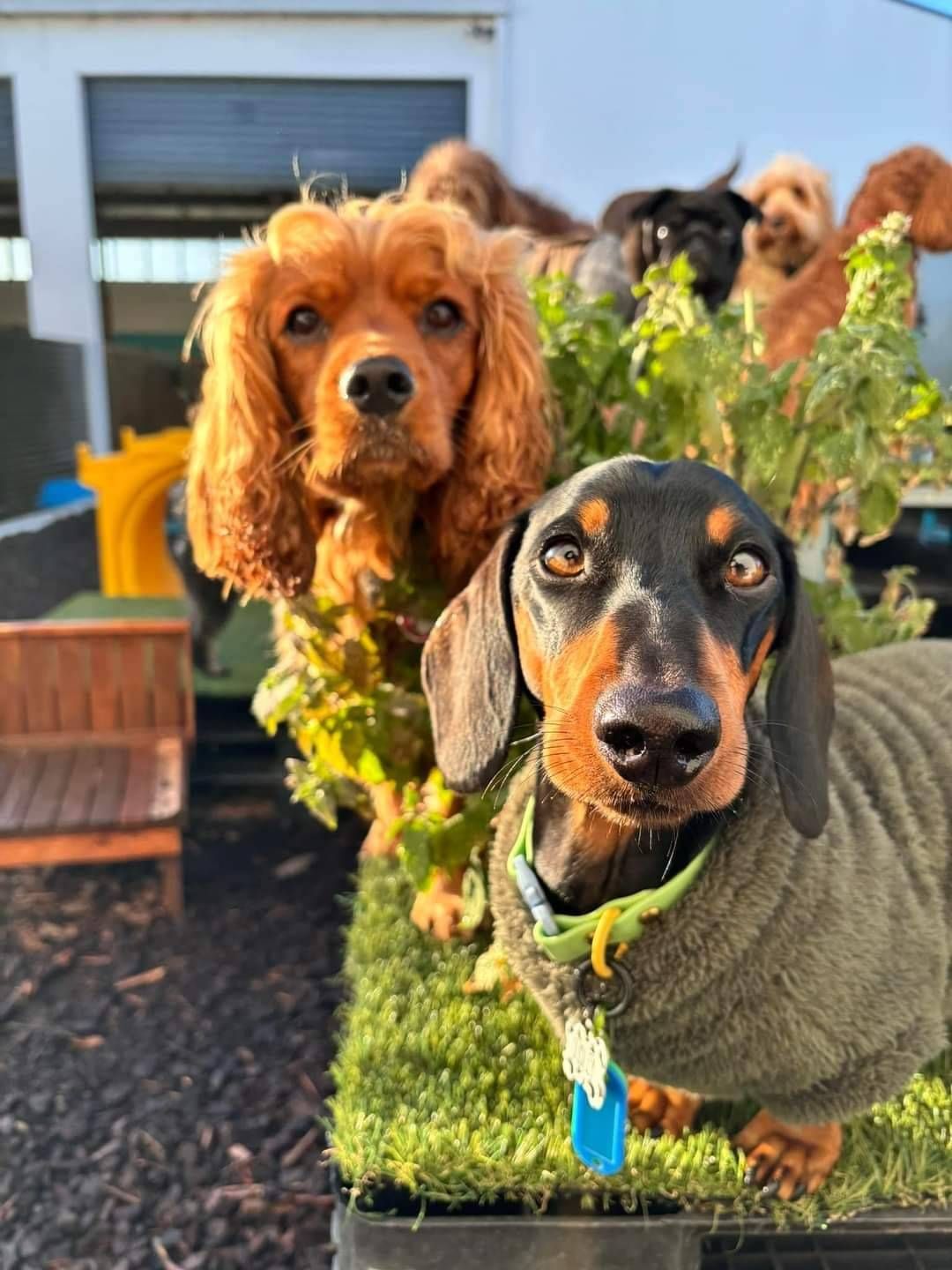
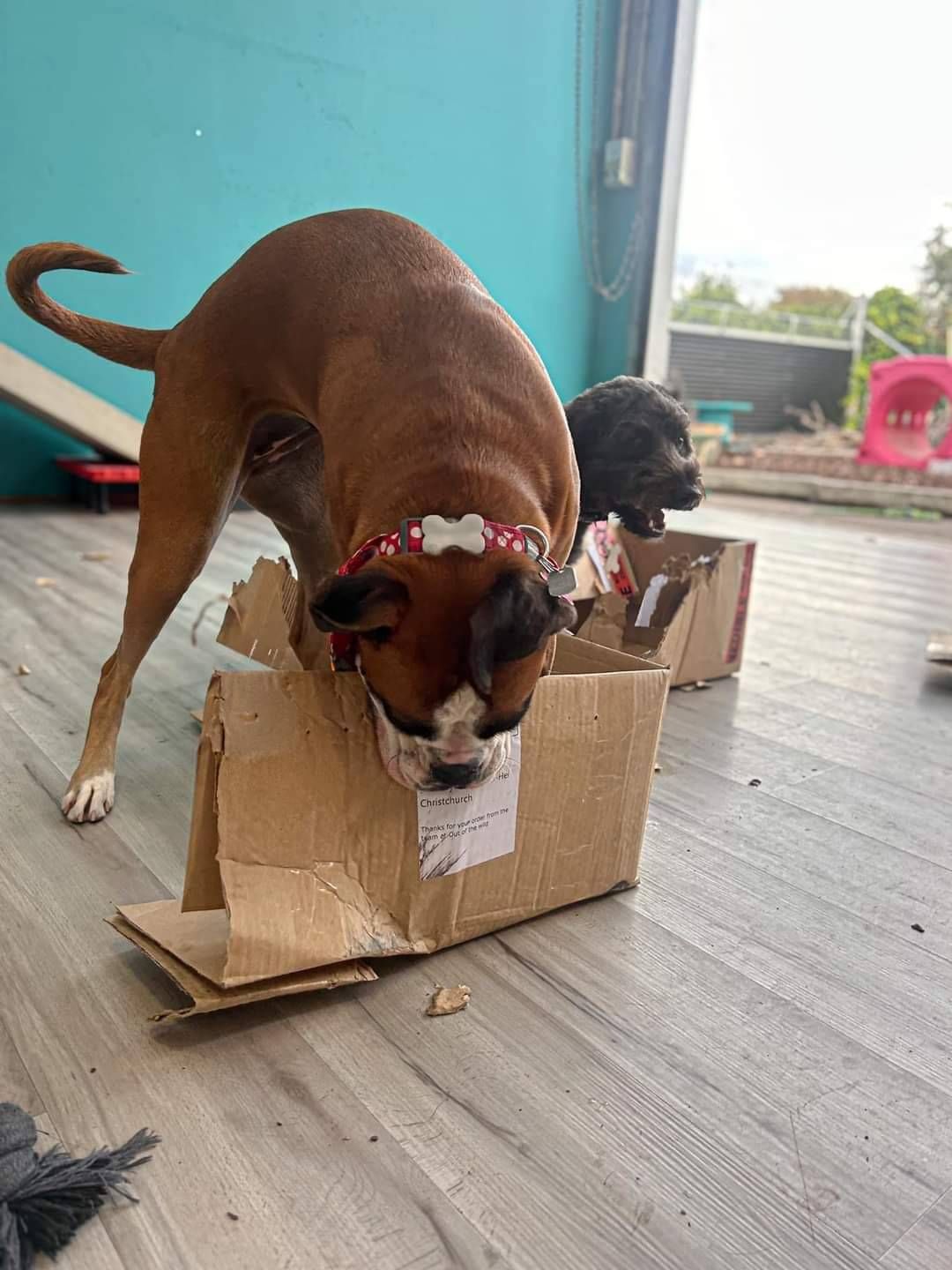
Their first day
Woohoo! First days of daycare can often be scary for their humans, but rest assured, they're in great hands! and we will keep you updated and let you know if there's any problems. When we bring your dog into daycare for their first day, we introduce them the same way we did during the assessment; area to themselves, one calm dog, another calm dog, and so forward. The majority of the time the dogs settle in quickly, as they have been here before, remember what we did, who they met, and that they went home happy and content. Generally we can introduce them to a few more dogs on their first day, and ease them into their own wee group, but if they're not ready for that yet, we wont push them, we will build on their confidence each visit. You will be able to watch their day on our Instagram and Facebook stories, and at the end of the day we will post all the photos and videos to our private pawrents Facebook group for you to see.
At pick up, we will give you another debrief of their day, who their new friends are, and advise our next steps
Things we check for during assessments, and new enrolments
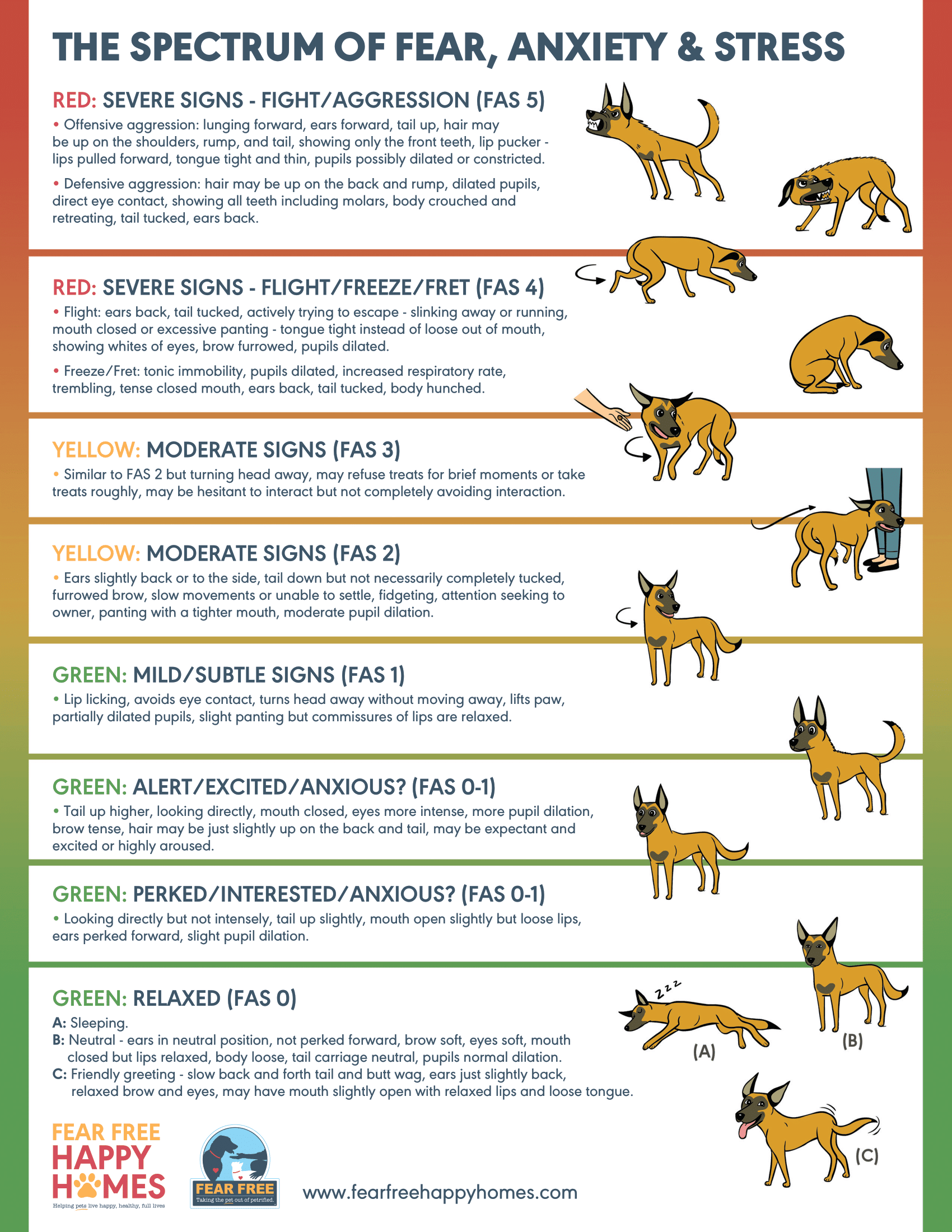
Temperament with other dogs
How your dog feels about dogs of different personalities (calm, playful, confident), females and males, and dogs smaller, bigger, and the same size. Whats your dogs play style, does your dog play too rough with other dogs (causes stress or injury to other dogs), does your dog read other signals when they ask to stop or give them space, does your dog respect boundaries, etc.
Resource Guarding
Almost all dogs have some sort of "resource guarding", however most is technically not, it is just asking dogs to leave them alone or give them space. Our daycare is loaded with enrichment activities, toys, sticks, etc. meaning we are unable to accept extreme resource guarders in our daycare. This may be; dogs who guard items they don't have in their possession (rushing dogs or items when item is approached), dogs who actively resort to teeth use if they have an item and a dog (or human) come near.
Our staff actively redirect dogs who attempt to steal items off other dogs, and discourage games like tug (except in cases when dogs are actively encouraging tug), and generally help dogs feel safe when they have an item of interest. This decreases alertness and the need to guard items in dogs, they look to us for help when needed.
Fear, anxiety, stress (FAS)
This is of course the main, and first thing we look for when assessing new dogs for daycare. We assess their FAS levels when entering daycare, and also when leaving, often dogs have some sort of anxiety when initially entering daycare, especially if they have never been in a daycare environment before, but then leave daycare feeling more relaxed and settled. Occasionally dogs can become more stressed or anxious as the assessment goes on, this is generally a sign that daycare isn't for them, or they may need shorter sessions to help them ease in to the environment.
If your dog shows any sign of fear, anxiety or stress, we will inform you to make a plan moving forward. We wont take your money if your dog isn't happy!
Exit Seeking & escape risk
Both go along side FAS, is your dog actively hanging around doors or gates, trying to get out of the area, trying to jump fences, etc. this is often a sign of stress or separation anxiety to their owner.
Comfort & Willingness to Interact
Another that goes along side FAS, is your dog actually comfortable in the environment? Are they actively avoiding other dogs, hiding in the corners, or in general uncomfortable etc. this is often a sign of anxiety.
Stimulation
The main thing we are looking for here is over stimulation and the ability to self regulate, or regulate with staff aid. Over stimulation can relate to being overwhelmed or over excited (our staff will explain to you which, if any), but in a daycare environment can lead to stress or if continued; chronic over stimulation, meaning they are unable to self regulate, even at home.
Noise tolerance
Some dogs find certain sounds stressful; most commonly in a daycare environment is barking or movement in other areas, which they can hear but can't see.
Verbal response
How responsive your dog is; this is generally something we assess and work on over time. We do a huge amount of recall work with our daycare dogs, mostly for safety reasons.
Touch comfort
Is your dog comfortable being touched and handled by staff. This one is generally pretty straight forward, unless your dog does not allow being touched around the collar, we can not accept these dogs for safety reasons regarding potential to bite staff.
Prey & Work Drive
Almost all dogs have drive of some degree; I mean, its what they're bred for! However, some dogs have a high drive which can create a stressful environment for other dogs, or pose a risk to themselves, other dogs, or potential negative behaviours developing.
Dogs who are unsuitable for daycare
If we determine that your dog is not suitable for daycare, we are happy to aid you with other options and recommend what would be most suitable for your dog. We may recommend a different daycare environment, a dog walker, or something similar.
Its important to remember that just because your dog didn't do well, it doesn't mean they're a bad dog, not sociable, or anything similar. Daycare just quite frankly isn't for everyone; I would estimate only around 1% of dogs actually thrive in a daycare environment! Think of it like us humans and going out to clubs, its not all of our cup of tea.
